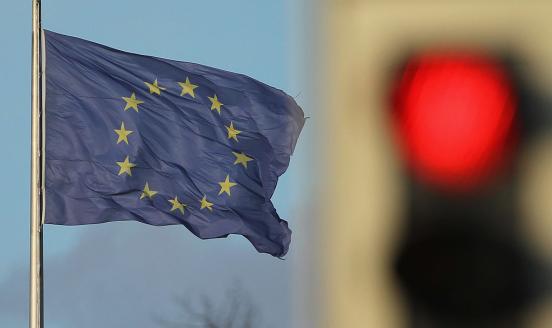How should the European Central Bank ‘normalise’ its monetary policy?
During the crisis, the ECB resorted to a number of unconventional monetary tools. This paper discusses how to phase out these policies and what the ‘n

This policy contribution was prepared for the Committee on Economic and Monetary Affairs of the European Parliament (ECON) as an input for the Monetary Dialogue of 20 November 2017 between ECON and the President of the ECB. Copyright remains with the European Parliament at all times
As the global financial crisis unfolded, the European Central Bank (ECB) and other central banks greatly extended their monetary policy toolboxes and adjusted their operational frameworks. These unconventional monetary policies have left central banks with large balance sheets.
As growth picks up in the euro area, there are discussions about how to normalise monetary policy, but it is unclear if normalisation means returning to monetary policy as it was prior to the crisis, or whether there is a ‘new normal’ that would justify different monetary policies.
The debate on the optimal size of the central bank’s balance sheet has not yet been settled. We discuss the benefits and drawbacks of central banks having permanently large balance sheets. It might be difficult to reduce them quickly without negatively affecting financial markets. In order to avoid market volatility, this process needs to be done gradually and preferably passively, by holding to maturity assets purchased during the crisis.
The interest rate – the central banks’ main conventional tool – might stay at a much lower level than historical standards and closer to the zero-lower bound because of a fall in the neutral rate, implying that in the future monetary policy would have to rely more on balance sheet policies and less on interest rate cuts to provide accommodation during recessions.
The combination of these two issues implies that the normalisation of monetary policy will be very slow and entail a long period with a large balance sheet. In the meantime, the ECB will not be able to go back to its pre-crisis operational framework.
In terms of the sequencing of the normalisation process, the experience of the US Federal Reserve, which was one of the first central banks to use unconventional tools during the crisis, could provide useful pointers to the ECB. Following the Fed’s example would involve tapering (ie gradually reducing asset purchases), then increasing key policy rates slowly before reducing passively the size of the balance sheet.
The Fed’s experience shows that the normalisation process needs to be communicated early in order to reduce uncertainty for market participants and avoid any disruption of financial markets. So far, the ECB has been quite successful in smoothly scaling back its asset purchases, but it has not yet provided a clear vision of what its monetary policy or operational framework will look like at the end of the normalisation process.



